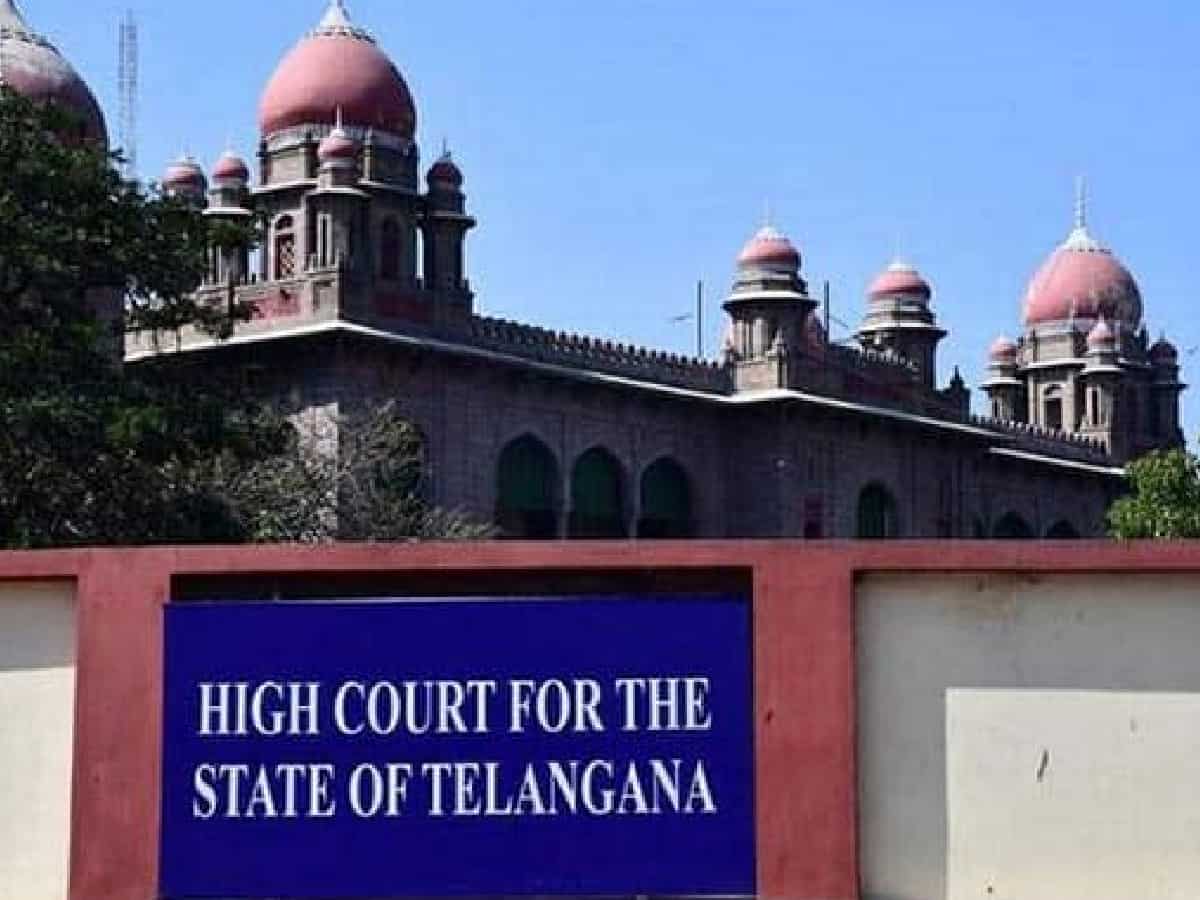
Hyderabad: The Telangana high court held on Thursday that the Telangana Value Added Tax (VAT) Act of 2017 is unconstitutional.
The division bench of Chief Justice Ujjal Bhuyan and Justice P Madhavi Devi observed that the intention of Parliament in ushering in the GST regime through the Constitution Amendment Act, enactment of the CGST Act, and simultaneous enactment of various State GST Acts by the state legislatures was to avoid a multiplicity of taxes by subsuming those indirect taxes into a single tax called GST.
However, the amendments brought in by the Second Amendment Act were wholly inconsistent with the scheme of the Constitution Amendment Act read with the CGST Act and the TGST Act, the bench held.
Live Law reported that the petitioners contended that the Telangana Value Added Tax (Second Amendment) Act, 2017 is invalid in the Constitution of India and thus unconstitutional.
The petitioner has contended that all notices and orders issued on the strength of the extended period of limitation of six years in terms of the amendment Act should be declared as illegal, null and void, and quashed accordingly.
The basic aim of the Second Amendment Act was to extend the limitation of four years to six years. Accordingly, in the Act, the words “four years” or “four years or six years” have been substituted by the words “six years”.
This amended Act gave an undue advantage to assessing authorities who can take six years to tax or revise the tax. Earlier, this period was limited to four years. On the other hand, the time given to the aggrieved traders to prefer an appeal before a revisional authority was reduced from 60 days to 30 days.
The petitioner contended that the amendment was not valid in the eyes of the law as it was made after the GST regime had come into effect. Therefore, the extended period of limitation of six years instead of four years was not available to the Deputy Commissioner.
The petitioner contended that the amendment was carried out during the GST regime, lacking legal sanctity, which has been denied. The impugned notice and revisional order were passed within the limitation period of six years. Therefore, those are legal and valid.



